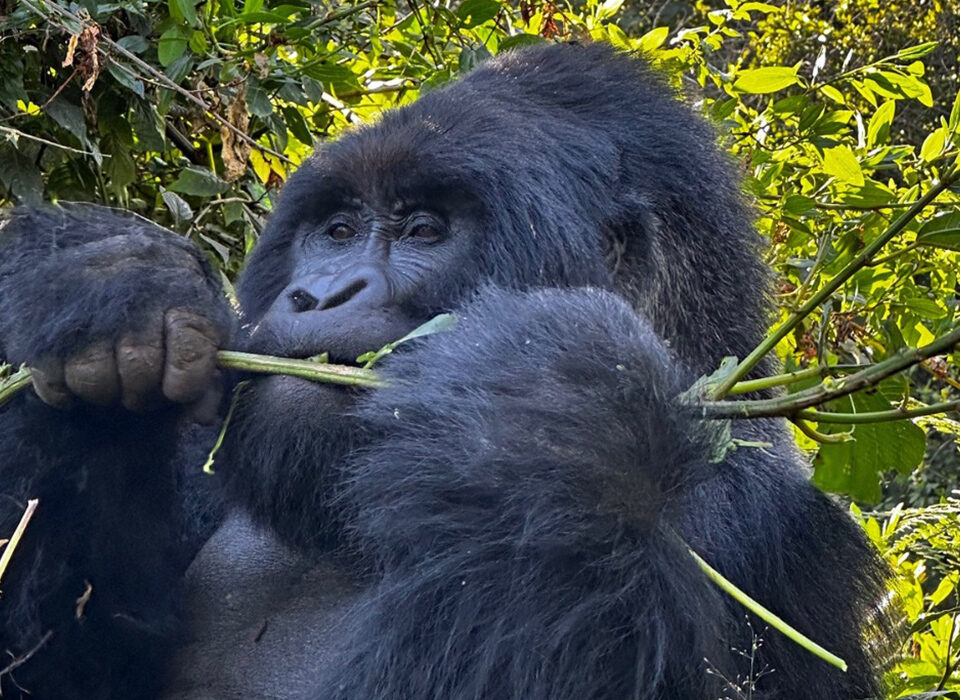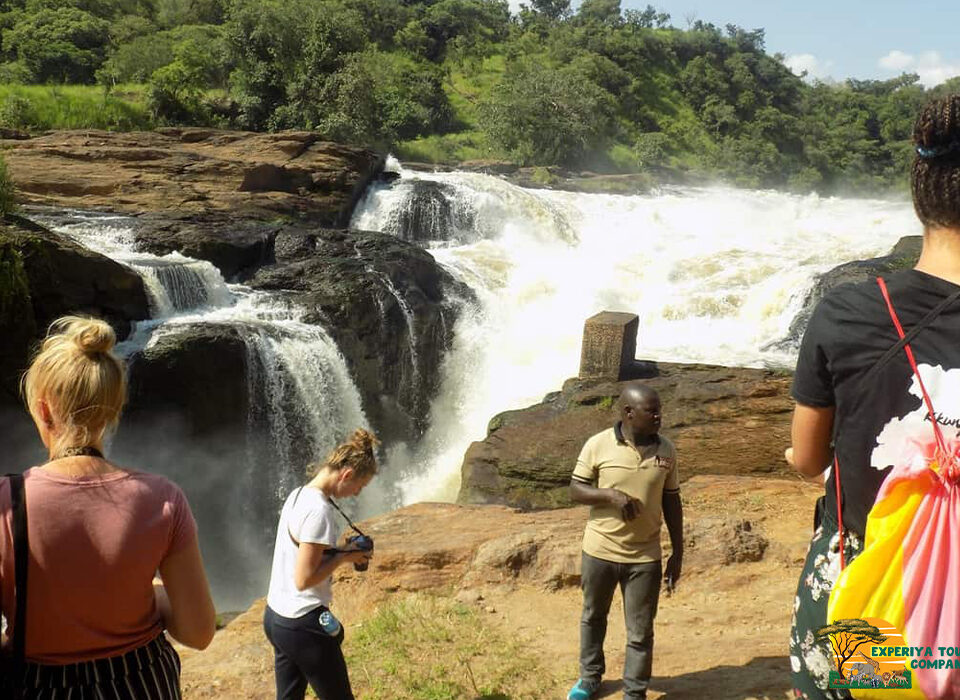
What are common Swahili greetings?
November 19, 2025
What are the best beaches in Kenya?
November 19, 2025Can I Buy Traditional Crafts in Nairobi?
Nairobi is one of East Africa’s most exciting cultural capitals, and for travelers wondering whether they can buy traditional crafts in the city, the answer is an enthusiastic yes. Nairobi is not only the gateway to Kenya’s safari destinations—it is also a thriving center for artisans, designers, woodcarvers, beadworkers, leather craftsmen, painters, basket weavers, and textile makers from all over the country.
Whether you are looking for authentic Maasai beadwork, hand-carved wooden sculptures, intricate sisal baskets, African print fabrics, or handmade jewelry inspired by Kenya’s diverse cultures, Nairobi provides endless opportunities. The city’s markets, craft cooperatives, workshops, and boutique stores offer a rich blend of tradition, creativity, and artistry.
Understanding where to shop, what crafts you can find, and how to buy ethically transforms your Nairobi shopping experience into a meaningful cultural journey. So, Can you buy traditional crafts in Nairobi? Absolutely—and the variety, quality, and cultural richness available make Nairobi one of the best places in East Africa for authentic handmade treasures.
Nairobi as a Hub for Kenyan Art and Craft
Kenya’s capital brings together artisans from more than forty ethnic communities, each with its own distinct aesthetic traditions. Nairobi acts as a meeting point where rural craftsmanship meets urban innovation.
Crafts from regions such as Turkana, Samburu, Maasai land, Kamba communities, Kisii highlands, coastal Swahili villages, and western Kenya all find their way into the city’s markets.
From large craft centers to small family-run workshops, Nairobi offers an unmatched variety of items that reflect Kenya’s cultural identity. In many cases, you can meet the artisans themselves, learn the stories behind their pieces, and support local livelihoods through your purchases.
Maasai Beadwork
One of the most iconic traditional crafts found in Nairobi is Maasai beadwork. Known for its vibrant colors, meaningful patterns, and intricate designs, Maasai jewelry is prized for both beauty and cultural significance.
You will find:
• multi-layered necklaces
• beaded chokers
• bracelets and anklets
• decorative belts
• beaded earrings
• ceremonial collars
Each color carries meaning—red symbolizes bravery, blue represents the sky, white stands for purity, and green reflects the land. Buying Maasai beadwork supports women’s cooperatives and community artisans who depend on craft sales for income.
Wooden Carvings from Kamba Artisans
Kenya’s Kamba woodcarvers are among the most skilled artisans in East Africa. Their detailed sculptures are widely sold in Nairobi and include:
• wildlife figures such as lions, elephants, rhinos, and giraffes
• household décor pieces
• intricate masks
• chess sets carved with African themes
• walking sticks and stools
These carvings are made from sustainably sourced woods like olive, blue gum, and jacaranda.
The talent and precision behind each piece make Kamba carvings one of Nairobi’s most popular traditional souvenirs.
Soapstone Art from Kisii
Soapstone carvings, originating from the Kisii region of western Kenya, are another beloved traditional craft. Nairobi’s markets offer a variety of soapstone items, including:
• bowls, plates, and dishes
• decorative animal figurines
• jewelry
• chess sets
• candle holders
• engraved ornaments
Soapstone ranges from creamy beige to deep pink and is often hand-polished and etched with beautiful African motifs. Each piece is hand-carved using traditional techniques passed down through generations.
Swahili Crafts from the Kenyan Coast
Nairobi also showcases traditional crafts from Kenya’s coast, influenced by centuries of Swahili, Arab, Indian, and African cultural fusion.
You will find:
• finely carved Lamu doors (or miniature replicas)
• brass lanterns
• woven mats
• embroidered kanga and kikoi fabrics
• coconut-shell crafts
• dhow models
These crafts reflect the elegant architecture and vibrant heritage of coastal towns like Mombasa, Lamu, and Malindi.
Kenyan Textiles and Clothing
Traditional Kenyan textiles come in a wide range of styles.
Popular items include:
• Kikoy: a multipurpose cotton cloth used as wraps, scarves, and towels
• Kanga: brightly printed fabric with Swahili proverbs
• Shuka: the iconic Maasai blanket
• Ankara and Kitenge fabrics: bold African prints used for clothing
Many visitors enjoy buying fabric in Nairobi and having custom clothing made by local tailors, creating unique souvenirs unlike anything found in stores back home.
 Where to Buy Traditional Crafts in Nairobi
Where to Buy Traditional Crafts in Nairobi
Nairobi offers an exciting variety of places to shop, from open-air markets to artisan cooperatives and curated boutiques.
Maasai Market
The Maasai Market is Nairobi’s most famous craft market, held on different days and at different locations throughout the week. It offers the largest selection of traditional crafts in the city.
Expect to find:
• jewelry
• carvings
• baskets
• batiks
• paintings
• textiles
Bargaining is part of the experience, and shopping here is both fun and immersive.
City Market
Located in Nairobi’s CBD, City Market offers a more organized shopping experience with dozens of stalls selling carvings, jewelry, baskets, soapstone pieces, paintings, and more.
Prices may be higher, but the quality is consistently good, and the setting is convenient for travelers.
Village Market Craft Stalls
On Fridays, Village Market hosts an upscale craft market featuring high-quality handmade products from curated artisans across Kenya and East Africa.
This is a good option for travelers seeking premium craftsmanship in a relaxed environment.
Kazuri Beads Women’s Cooperative
Kazuri Beads is an internationally acclaimed cooperative that employs Kenyan women—mostly from underprivileged backgrounds—to craft beautiful ceramic beads and pottery.
A visit to Kazuri’s workshop allows you to watch artisans at work and purchase jewelry directly from the source.
This is ethical tourism at its best, supporting women’s empowerment and sustainable livelihoods.
Utamaduni Craft Centre
Located in Karen, Utamaduni is a spacious craft center showcasing curated items from different Kenyan communities.
It offers:
• Maasai beadwork
• Kisii soapstone
• jewelry
• home décor
• carvings
• textiles
The center supports conservation and cultural preservation, and it provides a calm, fixed-price shopping environment.
Banana Box Craft Shop
Banana Box stocks beautifully curated African crafts, including art pieces, jewelry, books, and luxury handmade décor.
They work with community groups, women’s organizations, and rural artisans to promote ethical craft sales.
Ethical and Sustainable Craft Shopping
While buying traditional crafts in Nairobi is exciting, it’s also important to shop ethically. Travelers should:
• support cooperatives and artisan groups
• avoid items made from endangered animal products (such as ivory)
• purchase directly from artisans when possible
• ask about the origin of materials
• choose authentic handmade items over mass-produced imitations
This ensures your purchases make a positive impact on local communities.
Tips for Bargaining in Nairobi
In open markets like Maasai Market, bargaining is normal and expected.
Tips include:
• Start by offering half the quoted price
• Smile and maintain a friendly tone
• Be respectful and patient
• Walk away politely if prices don’t suit you
• Remember that artisans rely on this income—be fair
In fixed-price shops like Utamaduni or Banana Box, bargaining does not apply.
Why Buying Crafts in Nairobi Is a Cultural Experience
Purchasing traditional crafts is not just shopping—it is cultural immersion.
You learn the stories behind each piece, support local heritage, and take home meaningful souvenirs that carry the spirit of Kenya.
Craft shopping in Nairobi brings you closer to the people, traditions, and creativity that define Kenya’s cultural identity.
Can I Buy Traditional Crafts in Nairobi?
Yes—you can buy a wide range of beautiful, authentic, and meaningful traditional crafts in Nairobi. The city is a lively center for artisans from across Kenya, offering everything from beadwork and carvings to textiles and pottery.
Whether you shop in bustling open-air markets or curated boutique stores, Nairobi provides endless opportunities to discover Kenya’s artistic heritage and support local communities.
To explore Nairobi’s craft markets, artisan communities, and cultural attractions with expert guidance and seamless travel arrangements, consider booking your trip with Experiya Tour Company. Their knowledgeable team ensures meaningful cultural encounters, authentic shopping experiences, and unforgettable journeys throughout Kenya.




